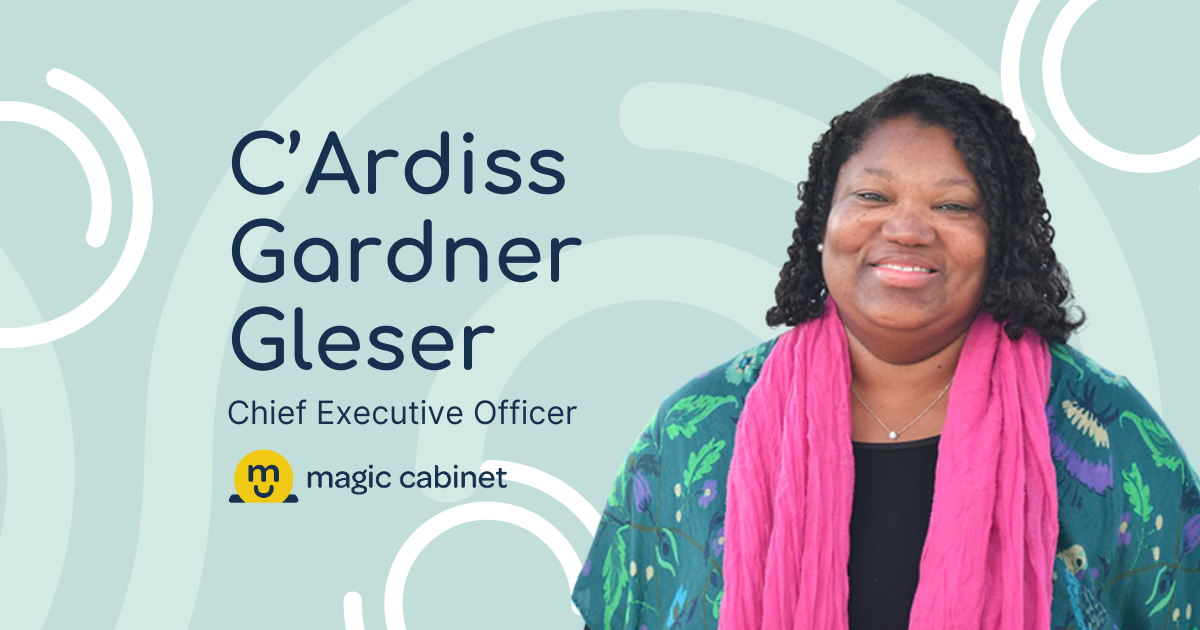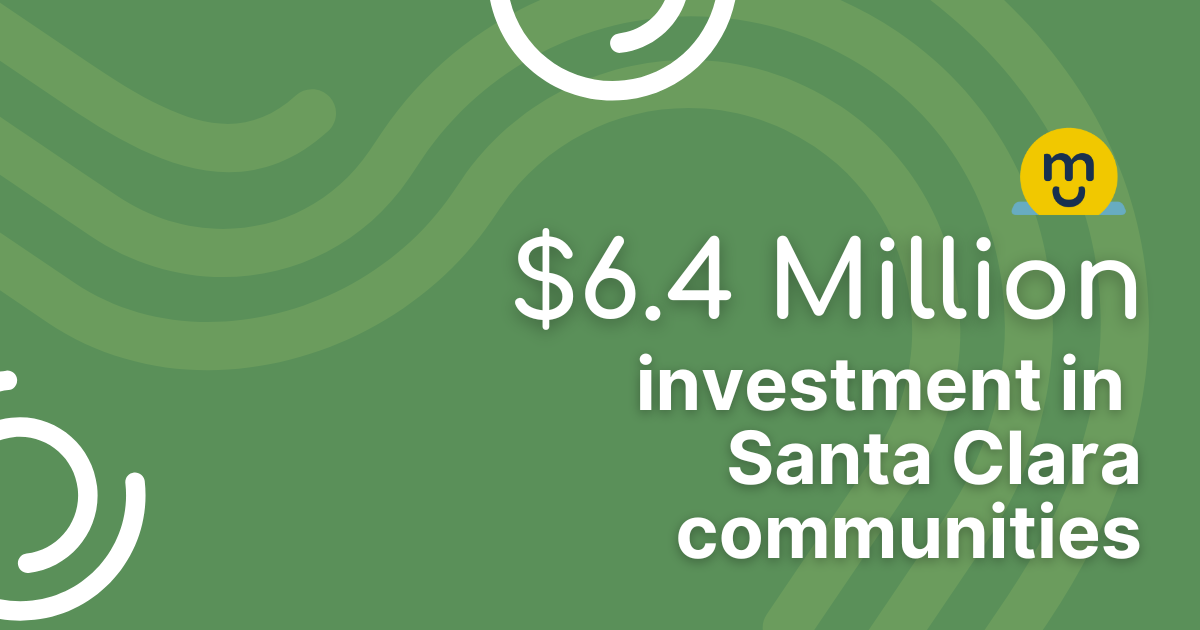About Us

Our Approach
Our grantmaking philosophy is supported by five grant-making pillars we’ve honed over the past 15 years. Together, they open a new approach to philanthropy that works more effectively for nonprofits and donors alike.

Listen First
Nonprofit leaders are experts in their fields and have a unique understanding of the communities they serve. Give them the tools they’re asking for and their organizations will flourish.

Focus on Capacity
An effective nonprofit is more than its programs. Help them grow stronger from the inside to accomplish their mission with an internal structure that will make an impact well into the future.

Long-Term Grants Only
Innovation takes time. Remain committed to funding a nonprofit’s grants for multiple years so that a process can be built and perfected with enough time to tackle new challenges.

Commit to a Community
Focus on one community at a time by listening to their cross-generational challenges. Then approach solutions from different angles to create a web of thriving services.

Collaborative Cohorts
Nonprofits have wisdom to share. Find nonprofits with mutually supporting missions and have them meet regularly to present grant proposals to one another for tangible feedback.
Our Mission
Magic Cabinet shifts philanthropy to center community.
Our Vision
We believe that by working in solidarity, nonprofits, community, and philanthropy can build a just and equitable world.
The Magic Cabinet Board of Directors has selected C’Ardiss “CC” Gardner Gleser as the organization’s new CEO. CC brings deep experience in philanthropy, education, and social impact to the foundation.
In this moment of urgency, how can philanthropy protect democracy? Our partners at Proximate explore how funders can integrate participatory approaches alongside rapid response funding to nonprofits and communities.
A Legacy of Resistance and Resilience: Announcing Our Santa Clara Power-building Cohorts
We are excited to announce the launch of our first cohorts of power-building organizations in Santa Clara, California. Over five years, each cohort will manage a $3.2 million pool of capacity-building funding, paving the way for increased collaboration and self-determined impact.



